There are so many other performances I could cite, like his comic work on “Community” or his superb work as real-life gay activist Ken Jones in “When We Rise,” the miniseries that first put him in collaboration with his “Lovecraft Country” co-star, Jonathan Majors. His work opposite Queen Latifah’s brilliant performance in “Bessie” remains one of my favorite Williams creations. Hell, he’s even in the 2016 “Ghostbusters” remake! But I must say a few words about the role he’ll be most remembered.
Omar Little is a lot more than the description I keep reading in other tributes. They call him a “shotgun-toting homosexual thug who robbed drug dealers.” Every word in that phrase is hotwired for maximum shock value and nothing more. Little’s sexuality, for example, was certainly a new angle for the type of character that’s stereotypically straight, but it wasn’t shocking to me because the toughest guy in my ‘hood growing up was gay. People stepped to him not because of who he loved, but what he represented—a powerful figure to be feared until the moment someone can take him down. With that knowledge in my head, Omar’s ultimate fate played as an expected anticlimax rather than a startling jolt. He had to “go out like that.”
Until that moment, Williams, “The Wire” creator David Simon, the writers and that incredible ensemble of actors, help elevate Omar Little to greatness. The words he’s given to say, his trademark whistling, his unbreakable code that seemed to come from the actor as some unapologetically Black form of the Method (ditto his occasional tenderness), and the complex plotlines and relationships all work together flawlessly to create something far richer than “a shotgun-toting thug.” The result was some fantastic showdowns between Omar and other characters like Brother Mouzone, moments that sounded like poetry and felt as tense as taut wire. Omar Little’s ascension into the pantheon of television’s most memorable characters is well earned, especially when you consider just how good the other characters on “The Wire” really were.
And Omar was infinitely quotable. Perhaps his most famous quote was an encapsulation of his philosophy: “It ain’t what you takin’, it’s who you takin’ from, ya feel me? How you expect to run with the wolves come night when you spend all day sparring with puppies.”
Had the Emmys been paying attention, Williams would have earned more than one award for playing Omar. They did nominate him for other roles five times, however, including a standing nomination for “Lovecraft Country” that could finally net him a trophy posthumously. For now, we need to meditate on how such a great talent could be gone so soon. When asked how he’d like to be remembered, Michael Kenneth Williams said “as one cool-ass dude, you know? Someone who cared. And I would never want anyone to say, ‘Oh, he forget where he came from.’” We know he didn’t forget. And we’ll remember this cool-ass dude. Rest in peace.
You can view the original article HERE.


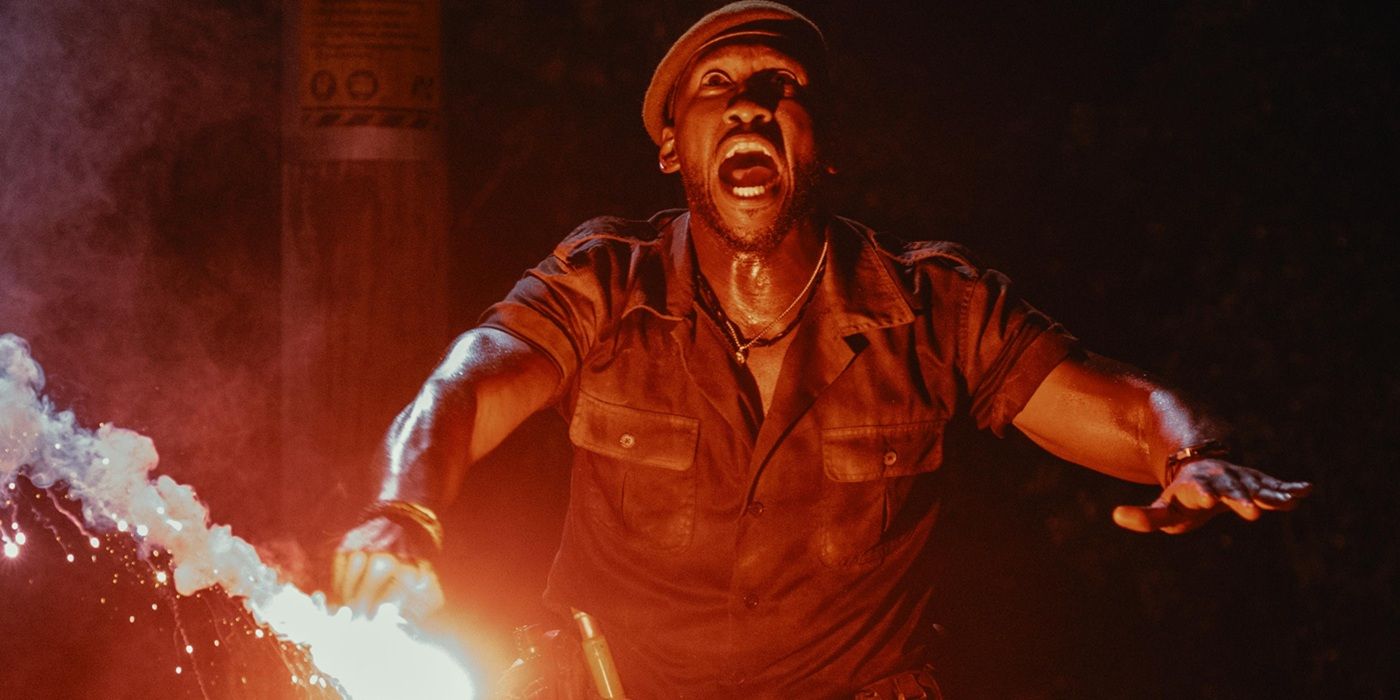

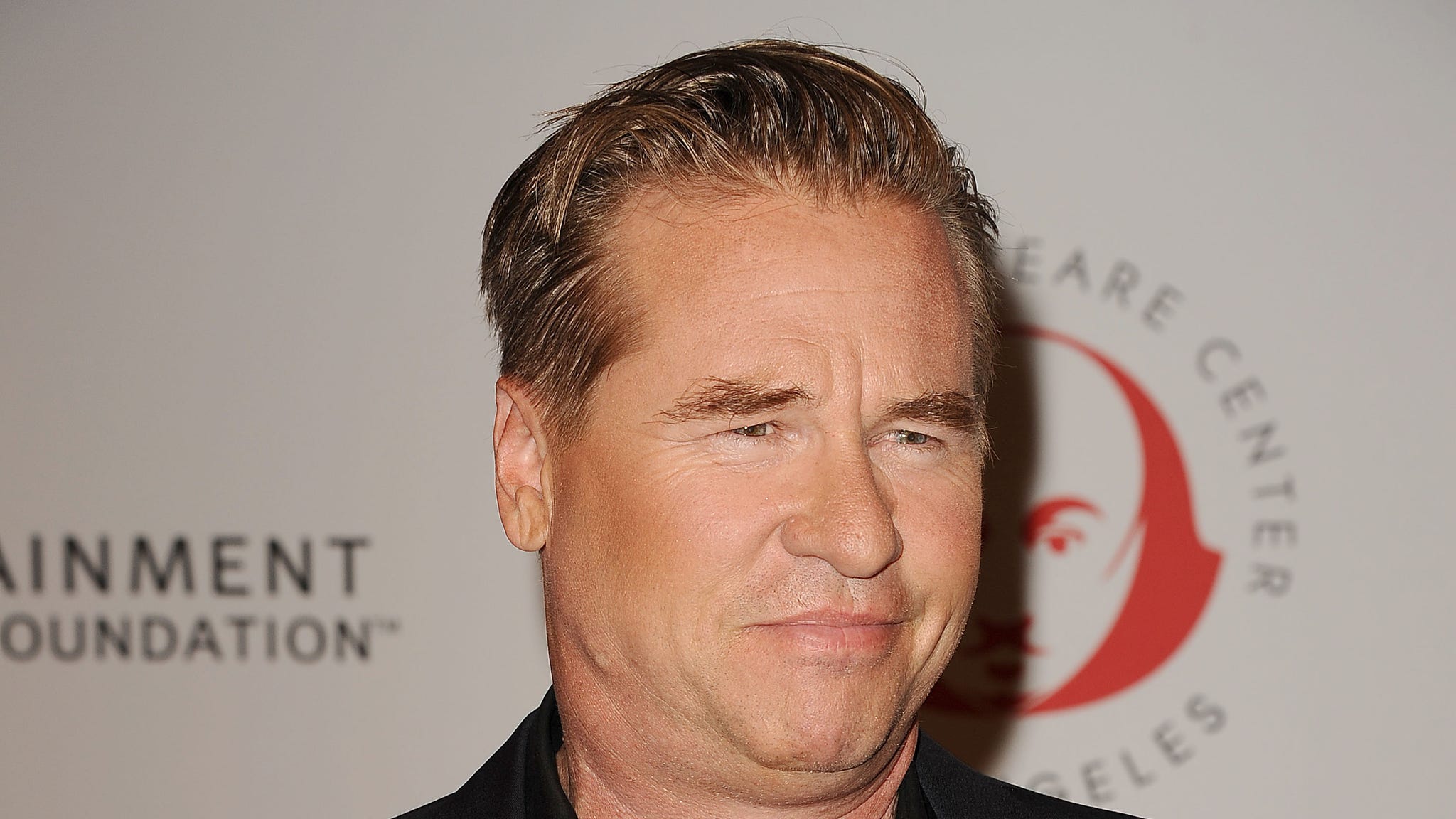
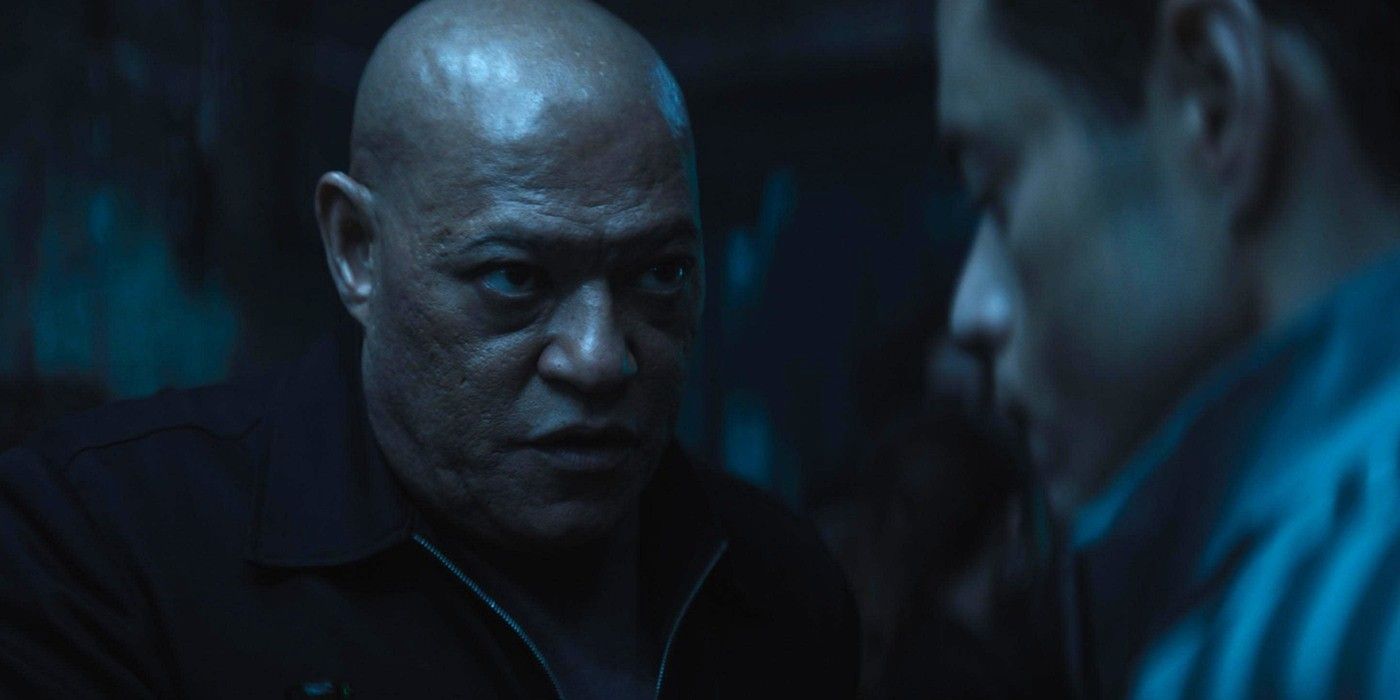



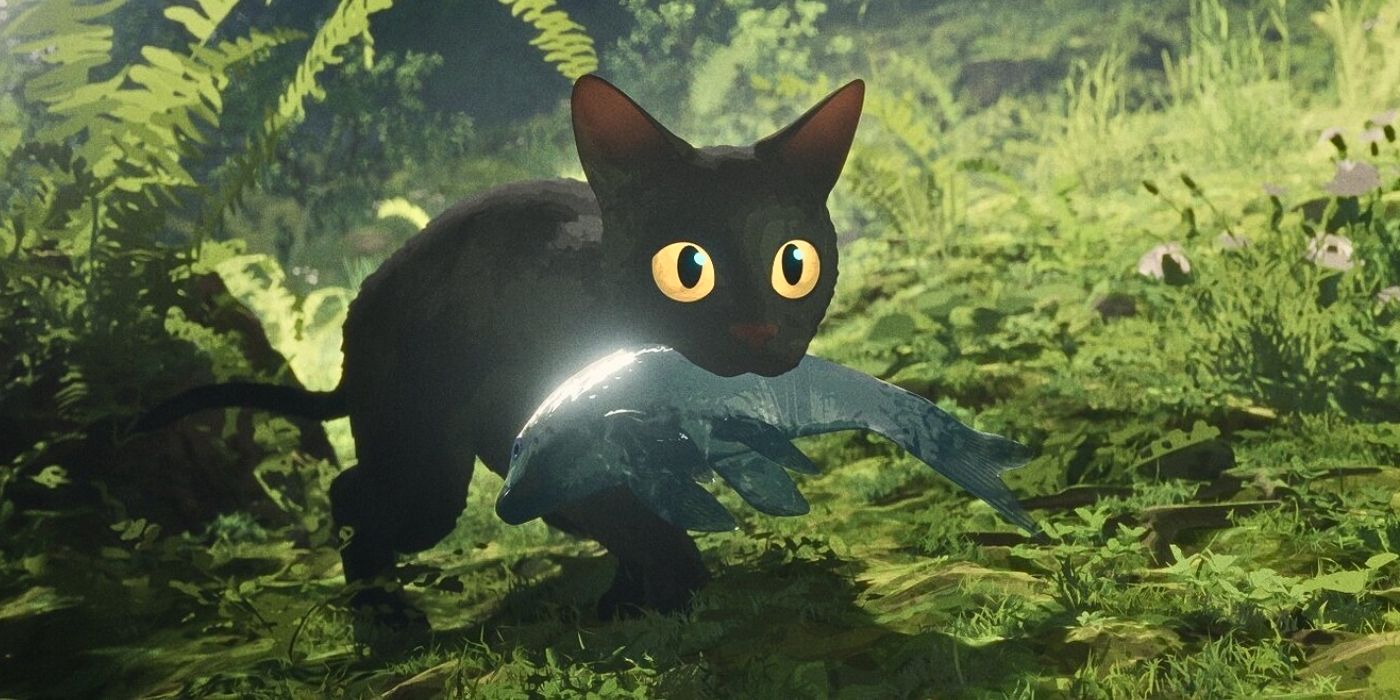
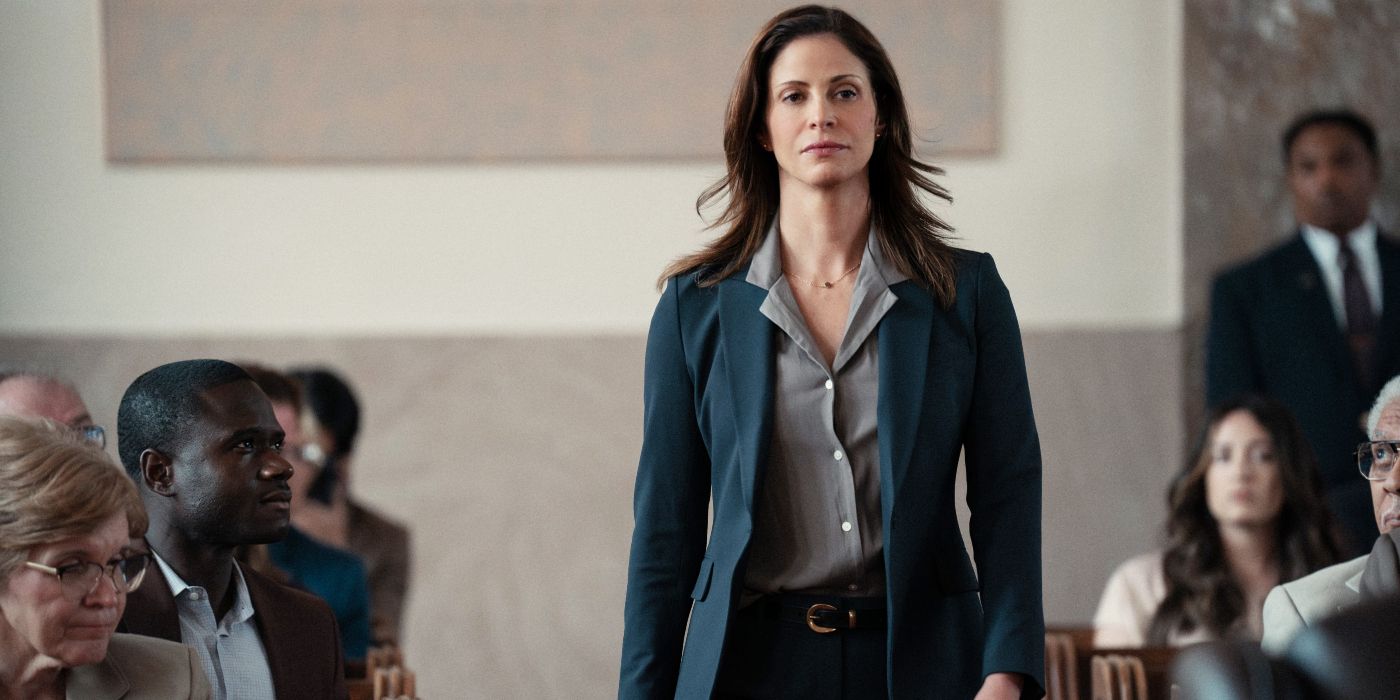



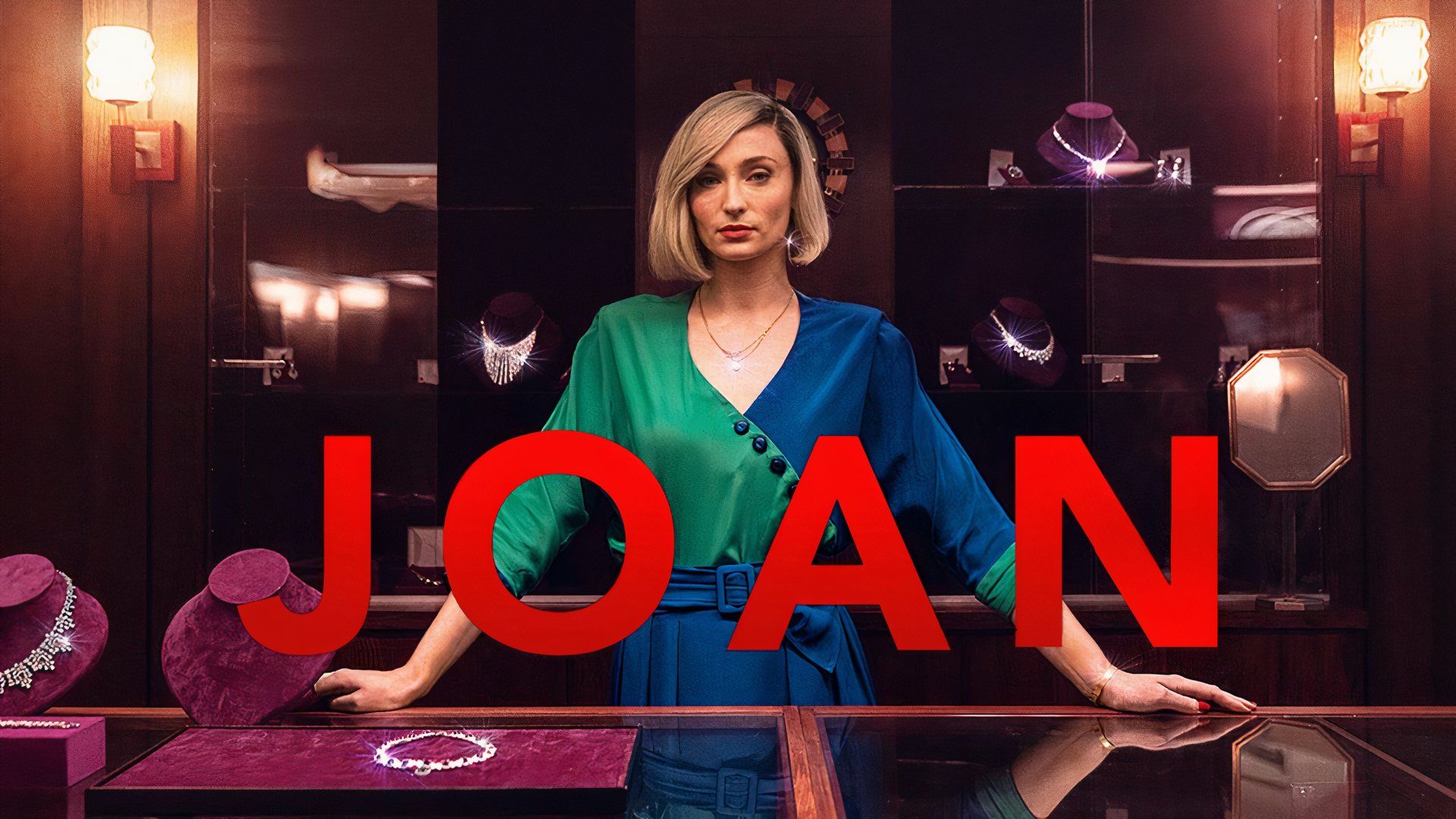

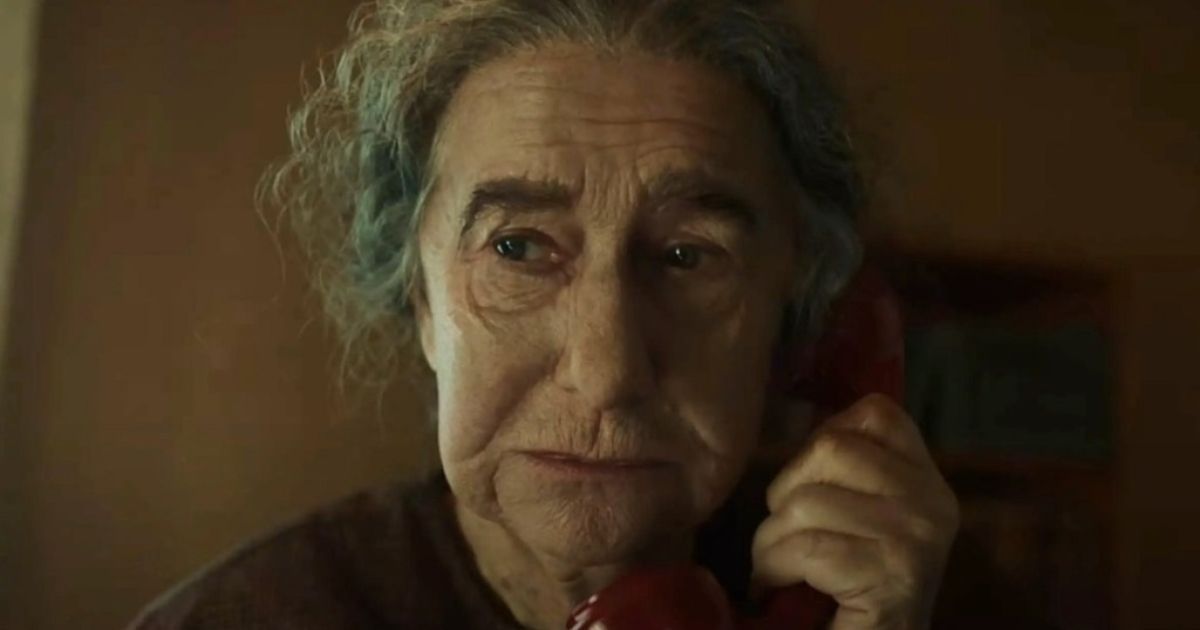




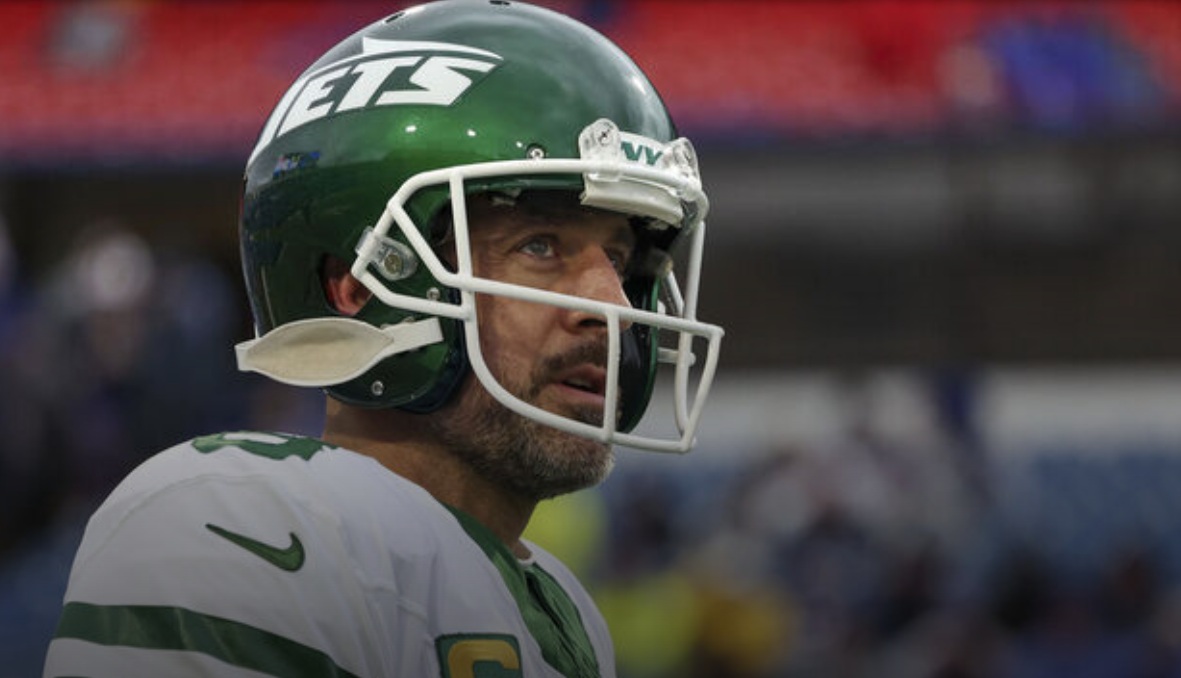
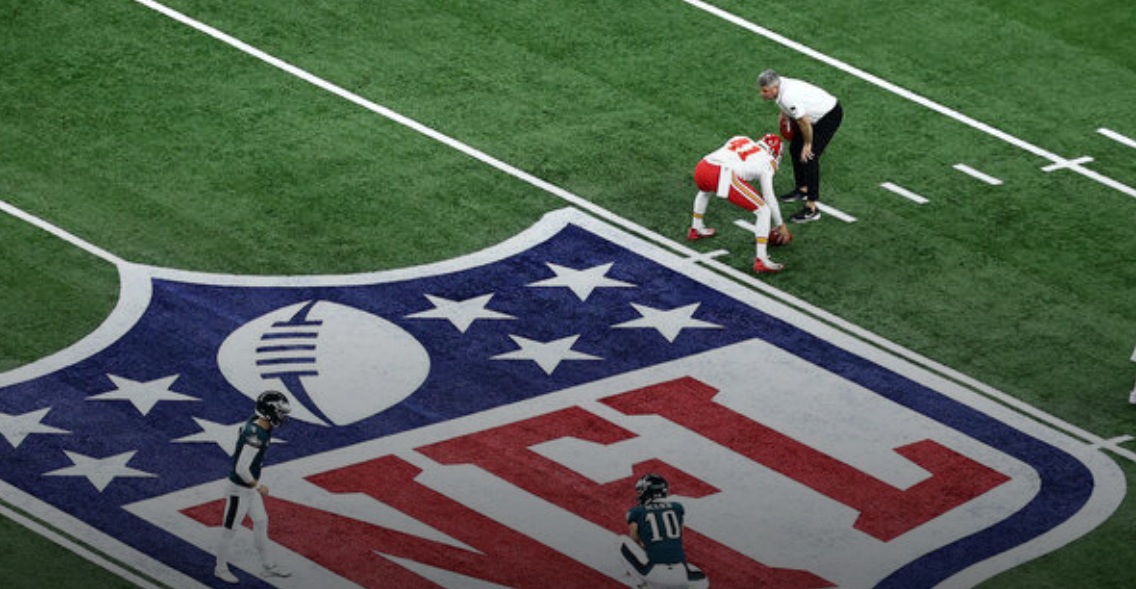

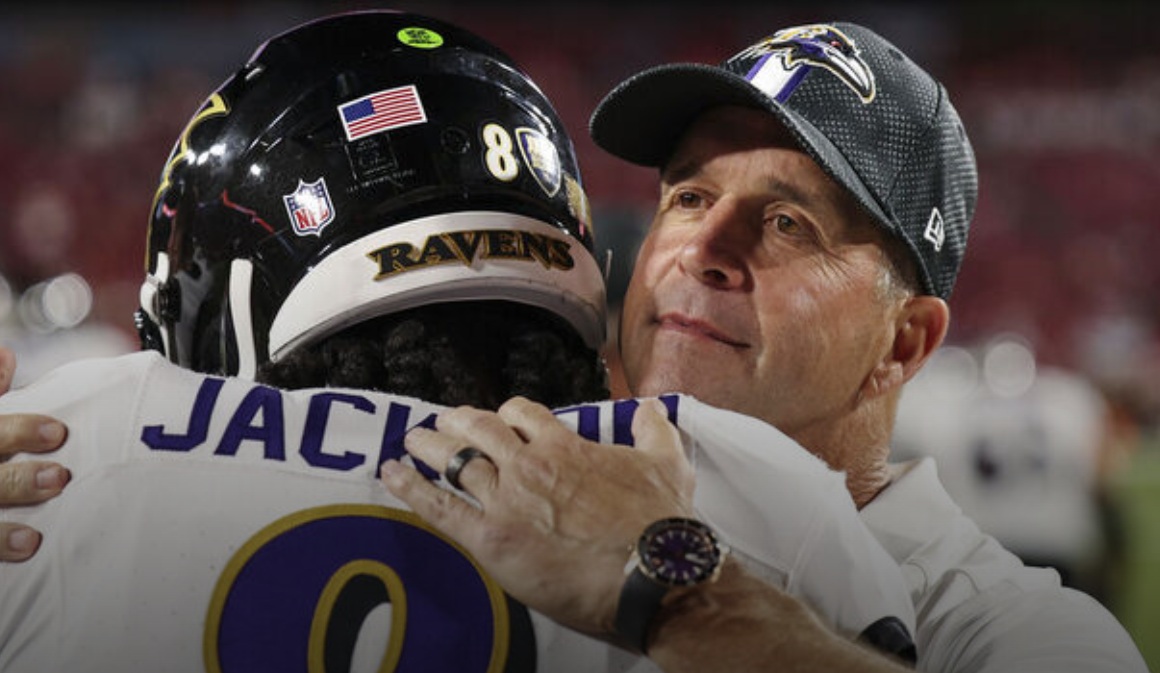

:quality(85):upscale()/2025/04/01/587/n/1922564/fe60d6be67ebe4b0bbd6f1.79749549_.png)

:quality(85):upscale()/2025/04/01/828/n/1922564/9432574867ec361a713285.06370027_.jpg)
